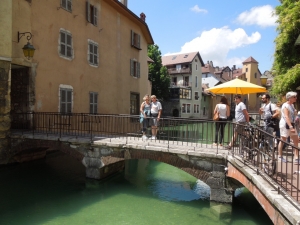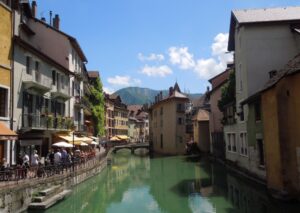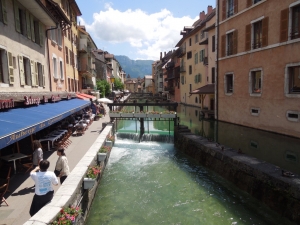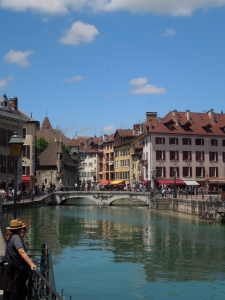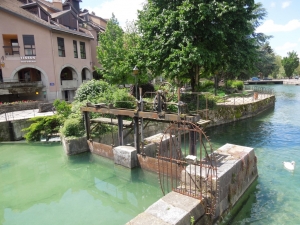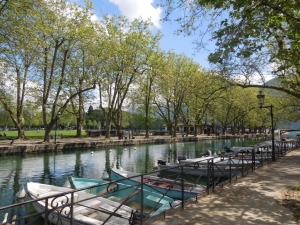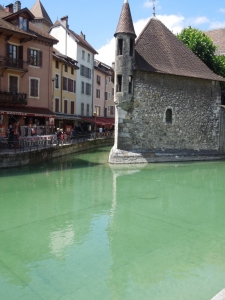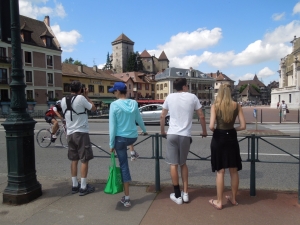 My son landed in London on March 22, the same day that another mad terrorist drove a car into pedestrians walking across the Westminster Bridge leaving 40 wounded and 4 dead including an American. Fortunately our son called before the attack to say he that he arrived at his British girlfriend’s home where her family too was safe. But my relief was short-lived, replaced by a sickening dread that I have come to know too well.
My son landed in London on March 22, the same day that another mad terrorist drove a car into pedestrians walking across the Westminster Bridge leaving 40 wounded and 4 dead including an American. Fortunately our son called before the attack to say he that he arrived at his British girlfriend’s home where her family too was safe. But my relief was short-lived, replaced by a sickening dread that I have come to know too well.
Berlin, Brussels, Madrid, Paris, now London capitals of long standing democracies are targets of terrorism again. Each time it happens I feel a renewed sense of horror.
When will one of my friends or loved ones be caught in the crossfire of evil by innocently standing at the wrong place at the wrong time?
When you are part of an international community living abroad you will have friends in nations’ capitals that are in closer proximity than my families homes in Chicago, Cleveland, and Minneapolis.
A year to the day of Brussels’ airport and metro bombings, terror strikes the heart of a western democracy again. A group of French high school students- 3 of the injured – were among the tourists admiring the Westminster Abbey housing English parliament, one of the oldest symbols of democracy in the world. I have visited European capitals with students on similar educational field trips that teach art, history, language and culture far better than any textbook could. I can imagine the shock and fear of the students and their families.
Even as nations beef up security, the task seems insurmountable. Mere days prior to the London attack, pandemonium broke out in Paris’ Orly airport when a French born terrorist held a gun to a soldier’s head inside the terminal. The gunman was killed before any civilians were injured, but as the airport’s south terminal was evacuated, terrified travelers were left stranded outside in the rain.
Governments issue states of emergency, heighten vigilance and tighter security, but how can anyone prevent an attack in a free society?
Each time another assault happens, we grow more hardened. But I will never resign to a world of terror. Though each attack leaves me a more saddened and anxious, outraged and impotent, I will continue to leave my house, walk in public places, visit capitals and travel by plane.
So I can offer no easy answers to curb the reign of terror of the 21st century, but I do know what doesn’t help.
Our leaders must stop spewing invidious words and taking discriminatory actions against our own citizens by revoking hard fought laws that guarantee civil rights. We must foster mutual respect with our allies and open the doors to dialogue with our enemies by keeping the lines of communication open between countries. And we must do more at home to integrate our alienated youth in society.
There are no easy answers and I am not sure how to accomplish this daunting task, but I do know it begins with tolerance with respect for other countries and cultures. Terror will only escalate by having leaders whose rhetoric fuels fear and hatred.
We must reach out in solidarity. Violence – whether in the streets of Chicago or Baghdad, London or Berlin, Istanbul or Brussels – destroy a piece of all of us.
To ensure the future of humanity we must stand on higher moral ground. Always.





